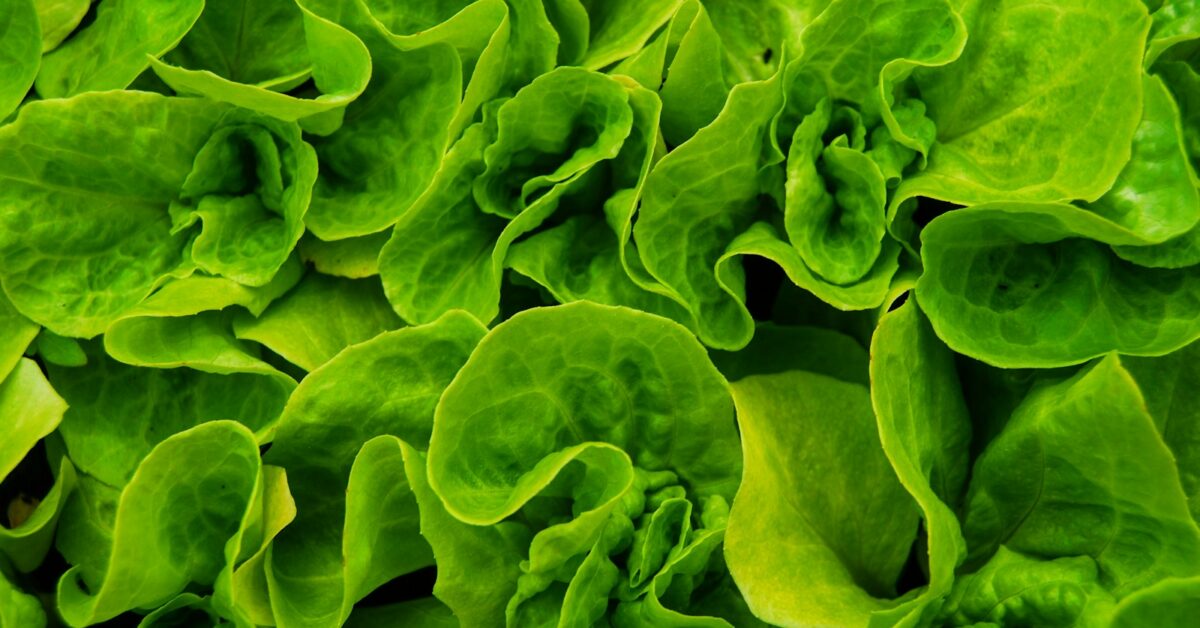Is olive oil vegetarian?
Olive oil is a widely used and highly regarded cooking oil that is derived from the fruit of the olive tree. It is known for its numerous health benefits and is a staple in Mediterranean cuisine. However, there is often confusion surrounding whether olive oil is suitable for vegetarians. In this article, we will explore the vegetarian status of olive oil and shed light on the factors that determine its classification.
Understanding vegetarianism
Before delving into the vegetarian status of olive oil, it is important to understand what vegetarianism entails. Vegetarianism is a dietary practice that excludes the consumption of meat, poultry, fish, and seafood. However, there are different variations of vegetarianism, with some individuals also avoiding animal by-products such as eggs and dairy.
The production process of olive oil
To determine whether olive oil is vegetarian, it is crucial to examine its production process. Olive oil is extracted from the fruit of the olive tree through mechanical or chemical means. The most common method is mechanical extraction, which involves crushing the olives and separating the oil from the pulp. This process does not involve the use of any animal-derived substances, making the resulting olive oil suitable for vegetarians.
Possible non-vegetarian additives
While the production process of olive oil itself is vegetarian-friendly, there are instances where non-vegetarian additives may be present. These additives are not inherent to olive oil but can be introduced during the packaging or manufacturing process. It is essential for vegetarians to be aware of these potential additives and choose olive oil brands that adhere to their dietary preferences.
Possible non-vegetarian additives in olive oil:
- Gelatin capsules: Some olive oil supplements are encapsulated in gelatin capsules, which are derived from animal collagen. Vegetarians should opt for olive oil supplements that use vegetarian-friendly capsules made from plant-based materials.
- Animal-derived clarifying agents: During the filtration process, some olive oil producers may use animal-derived clarifying agents, such as gelatin or isinglass, to remove impurities. Vegetarians should look for olive oil brands that use vegan-friendly alternatives or employ alternative filtration methods.
Vegetarian certifications and labeling
For vegetarians who want to ensure that the olive oil they consume aligns with their dietary choices, looking for specific certifications and labels can be helpful. Some organizations provide vegetarian certifications for food products, including olive oil. These certifications indicate that the product has been thoroughly assessed and meets the criteria for vegetarianism.
Vegetarian certifications to look for:
- Vegetarian Society Approved: The Vegetarian Society Approved logo is a widely recognized symbol that assures consumers that the product is suitable for vegetarians.
- Vegan Society Trademark: While vegans follow a stricter dietary practice, products bearing the Vegan Society Trademark are also suitable for vegetarians.
Conclusion
Olive oil, in its pure form, is considered vegetarian as it is derived solely from the fruit of the olive tree. However, vegetarians should be cautious of potential non-vegetarian additives that may be present in certain olive oil products. By choosing brands that use vegetarian-friendly capsules and filtration methods, and looking for relevant certifications, vegetarians can enjoy the benefits of olive oil while staying true to their dietary choices.
